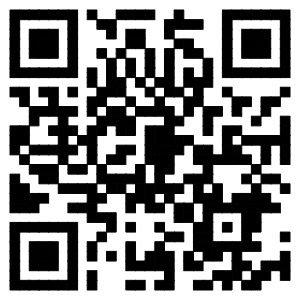在英语中,一般将来时是一种使用十分广泛的时态,也历来受到各位英语学习者的重视。那么,你知道一般将来时究竟有哪些用法吗?赶紧跟随北外网课(北京外国语大学网络课堂)老师,一起学习一般将来时不同用法吧。
表示将来发生的行为或存在的状态,常与tomorrow; in 2020;next week(year ,month), fromnow on,soon, some day, the day after tomorrow等表示将来的时间状语连用。
He will arrive heretomorrow morning.
Don’t worry. I willbe back in three days.
在时间状语和条件状语从句中,表示将来的时候,主句用一般将来时,从句用一般现在时
When it gets warmerthe snow will start to melt
I will go swimming ifit doesn’t rain tomorrow.
如果明天不下雨,我将去游泳。
表示将来的常见方法
be going to +不定式,表示将来。
①与人连用时往往有意图、意向、打算、目的在于等含义
We are not going tohave a picnic.
Are you going to buyhim a gift?
②根据客观的迹象预示着
I’m going to leave at the end of this week.
Look at the clouds,--- there is going to be a storm.
一般将来时的特殊用法
go, come, start,move, sail, leave, arrive, stay、fly
等可用进行时态表示将来,常有意图、安排或打算的含义。它常表示最近或较近的将来,所使用的动词多与移动、方向、启动等有关。
They are coming herethis afternoon.
Mr. White is leavingfor Beijing tomorrow.
也可用于某些非转移动词。
What are you doingnext Sunday?
I’m meeting you afterclass.
come, go, leave,arrive, start, get, stay等动词用一般现在时也可表示将来。
Because the shop isclosing down , all the T-shirts are sold at half price.
The meeting starts atfive o'clock. He gets off at the next stop.

 京公网安备 11010802024222号
京公网安备 11010802024222号




